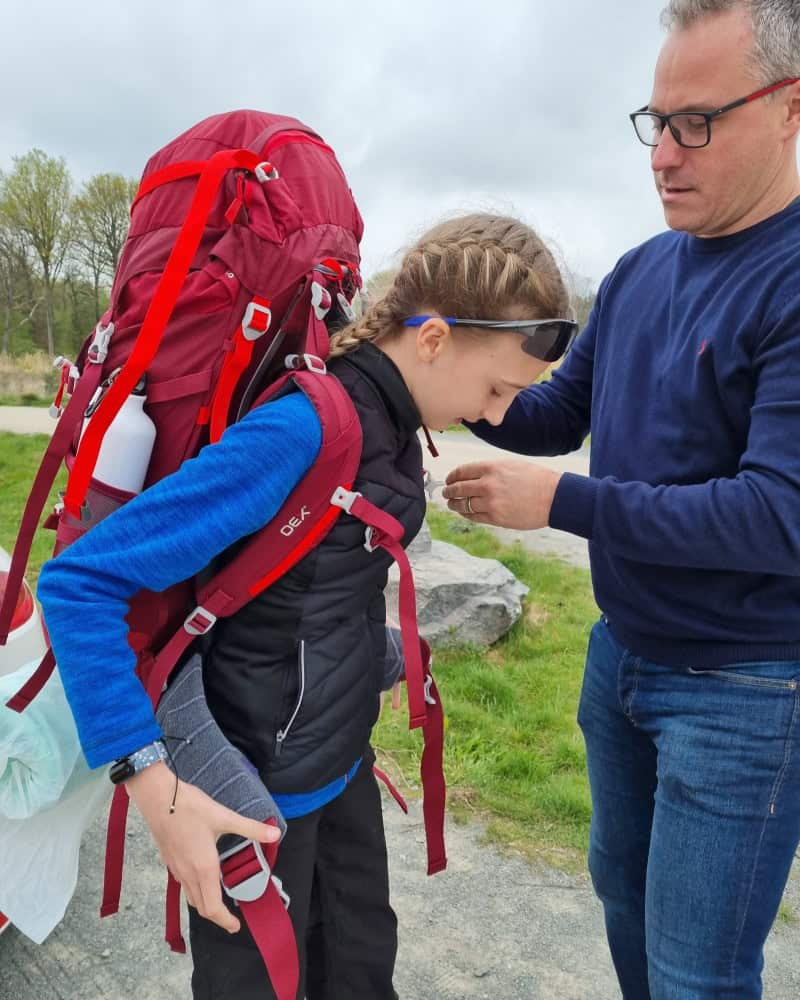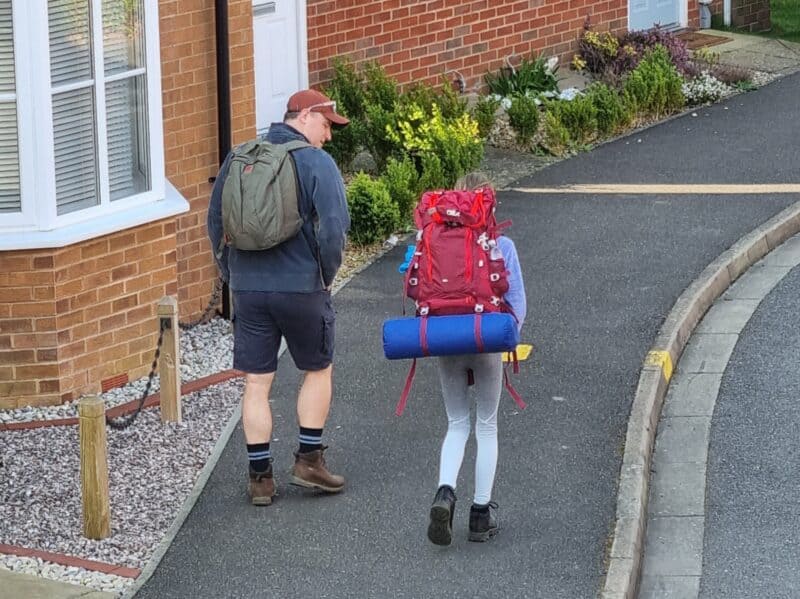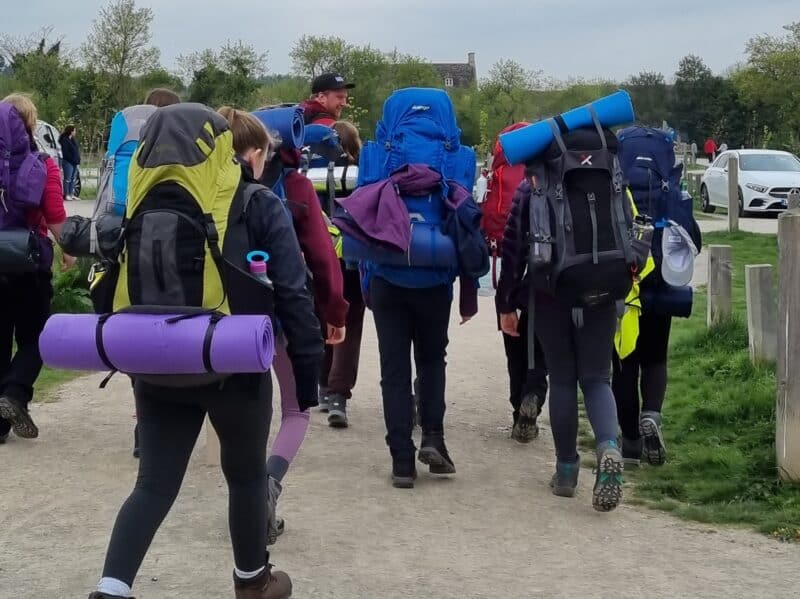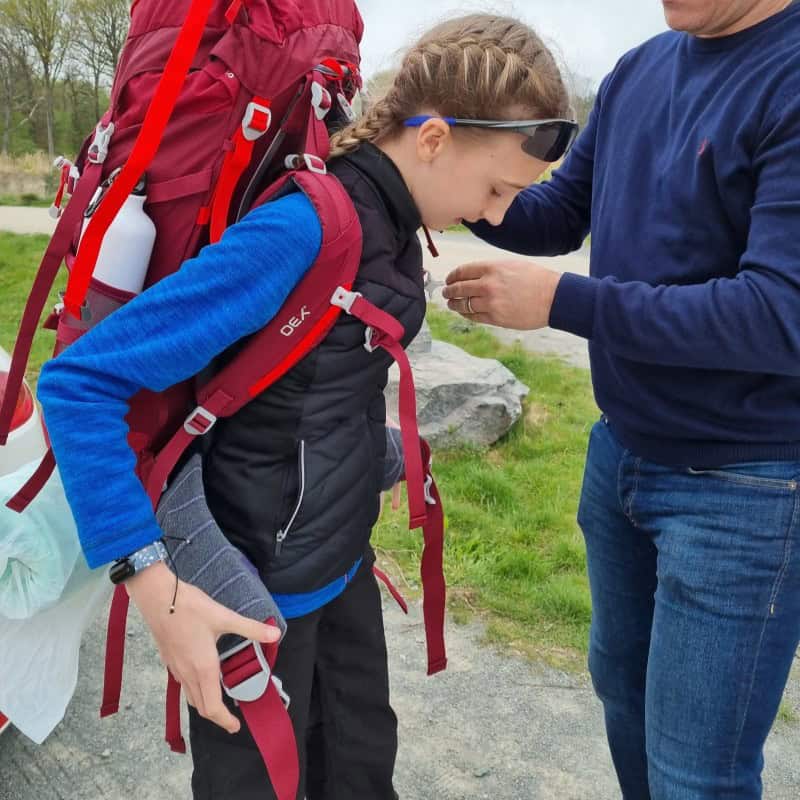When my daughter completed her Bronze DofE Award three years ago, I saw firsthand the dedication, endurance, and teamwork it required. As my son Ollie undertakes his own DofE journey, I’m reminded of just how valuable this award scheme is for young people. If your child is considering the Duke of Edinburgh’s Award, or if you’re supporting them through the process, here’s everything you need to know to ensure they complete their Bronze Award successfully.
What Is the DofE Bronze Award?

The Duke of Edinburgh Award was founded in 1956 to help young people develop new skills, gain confidence, and build resilience. The Bronze DofE Award is the first level of this prestigious programme, followed by the Silver and Gold levels. Participants must undertake four sections: volunteering, physical, skills, and an expedition.
How to Get Involved in the Duke of Edinburgh’s Award
If your child wants to participate, they must register through their school, a youth group, or an approved DofE provider. The DofE programme is open to young people aged 14 and above, and the timescale for completion varies depending on their chosen activities.
Understanding the Sections of the DofE Bronze Award
1. Volunteering: Making a Difference
Participants must volunteer for at least three months, dedicating one hour weekly to a cause they care about. My daughter chose to coach an hour a week at a local girls’ U8 football team—she enjoyed it so much that she stayed for a year! Ollie has decided to assist at a community football club, coaching a U7 team. This section is about helping young people understand the value of giving back.
2. Physical or Skills Sections: Developing New Skills
The physical or skills sections allow participants to improve their fitness or learn a new skill. Some choose team sports for the physical section, while others develop a new skill like photography or playing an instrument. Lillie did martial arts, while Ollie and his friend have chosen baking.
3. Expedition Section: The Challenge of the Bronze Expedition
The DofE expedition is often the most exciting and daunting part of the programme. Participants must undertake a self-sufficient journey, typically a 1-night camping trip with a group. A practice expedition takes place first to prepare them. My daughter still laughs about how much she overpacked, and we’ve learnt from her experience to ensure Ollie only takes the necessary equipment (you can read our recommendations here).
4. Completing the Award: Uploading Evidence and Logging Progress
To complete the DofE Award, participants must log their activities on eDofE. This system allows them to upload evidence, such as photos or supervisor reports, to track their progress. Schools and DofE leaders guide participants through this process, ensuring they stay on track.
How to Ensure Success in the Expedition Section

The expedition section teaches teamwork, navigation, and endurance. To ensure success:
- Choose a suitable campsite—in some cases, this is organised for you by the expedition organisers.
- Pack light but include all essentials (waterproofs, food, and a map).
- Practice using a compass and reading maps.
- Work as a team to share responsibilities.
- A few practice walks wouldn’t go amiss! Lillie and Simon went on a few cross-country walks in the weeks leading up to her practice and expedition.
What Comes After Bronze? Moving to Silver and Gold
Once participants complete their Bronze Award, they can move on to Silver DofE and eventually the Gold Award. Each level increases in difficulty and commitment, but the rewards are worth it. Employers and universities widely recognise the Duke of Edinburgh’s Award, making it a fantastic addition to a CV or personal statement.
Final Thoughts: Why the DofE Bronze Award Matters

The DofE Award is more than just an extracurricular activity; it’s a journey of personal development that builds confidence, resilience, and leadership. As a parent, I’ve seen how it challenges and shapes young people, helping them try new things and make a difference in their communities. If your child is considering the DofE Bronze Award, I wholeheartedly recommend it—it’s an experience they’ll never forget!
What are your biggest concerns if you’re a parent whose child is about to start their DofE expedition? Let’s chat in the comments below!

